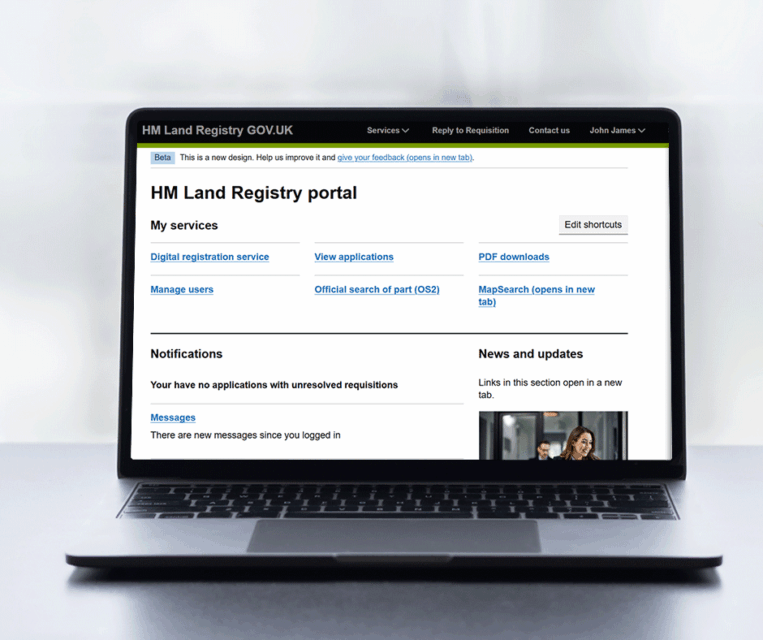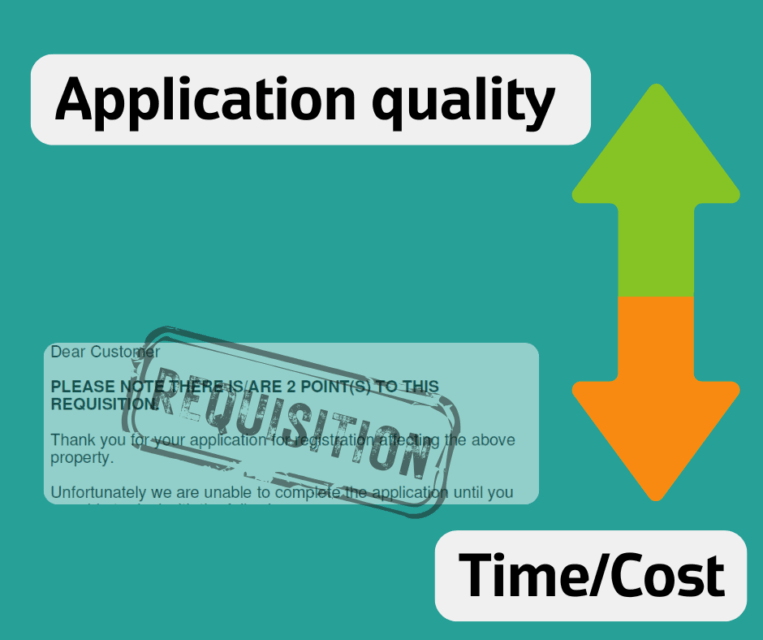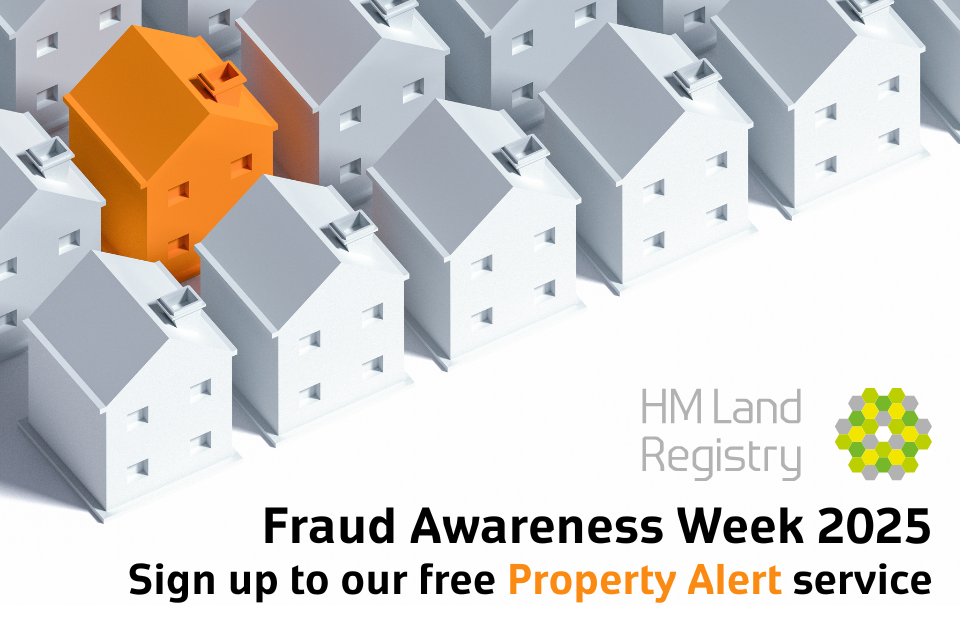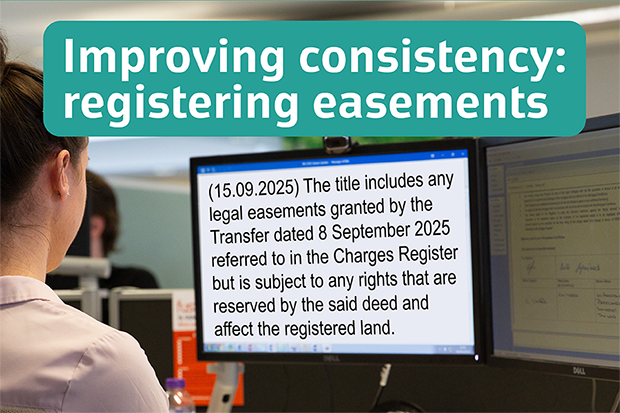Law and practice
The design refresh is all part of HM Land Registry's efforts to continually improve customer services, drawing from customer feedback to provide the level of support expected from a modern digital government.
Application quality is increasing, but we still have work to do. Look out for your email with details of your avoidable requisitions score.
An understanding and awareness of property and title fraud, and how to guard against them, is critical in supporting our frontline defences as well as the wider public and business sectors – not just on the 25th anniversary of International Fraud Awareness Week but at all times.
Senior HM Land Registry practitioners set out how best to tackle restrictions that are no longer fit for purpose.
Following HM Land Registry's recent announcement that we will accept Qualified Electronic Signatures (QES), we've put together answers to your most frequently asked questions to help you understand how this is working in practice.
While recent media stories may have left homeowners fearing that property fraud is increasing dramatically, we can confirm that thankfully it remains relatively rare, in part due to some simple steps that people can take to protect their property.
This guide explains how powers of attorney work for property transactions and what HM Land Registry needs when registering property transfers. It covers different types of powers of attorney, how they're created and used, and special rules for gifts and undervalued sales.
We are improving the description of easements in title registers to ensure greater consistency, clarity and accuracy for all users.
In which our expert caseworker considers an unusual question involving panel 8 of form TR1.
A senior caseworker explains how HM Land Registry colleagues investigate easements, focusing on the importance of clear definitions and common problems with the power to grant.









